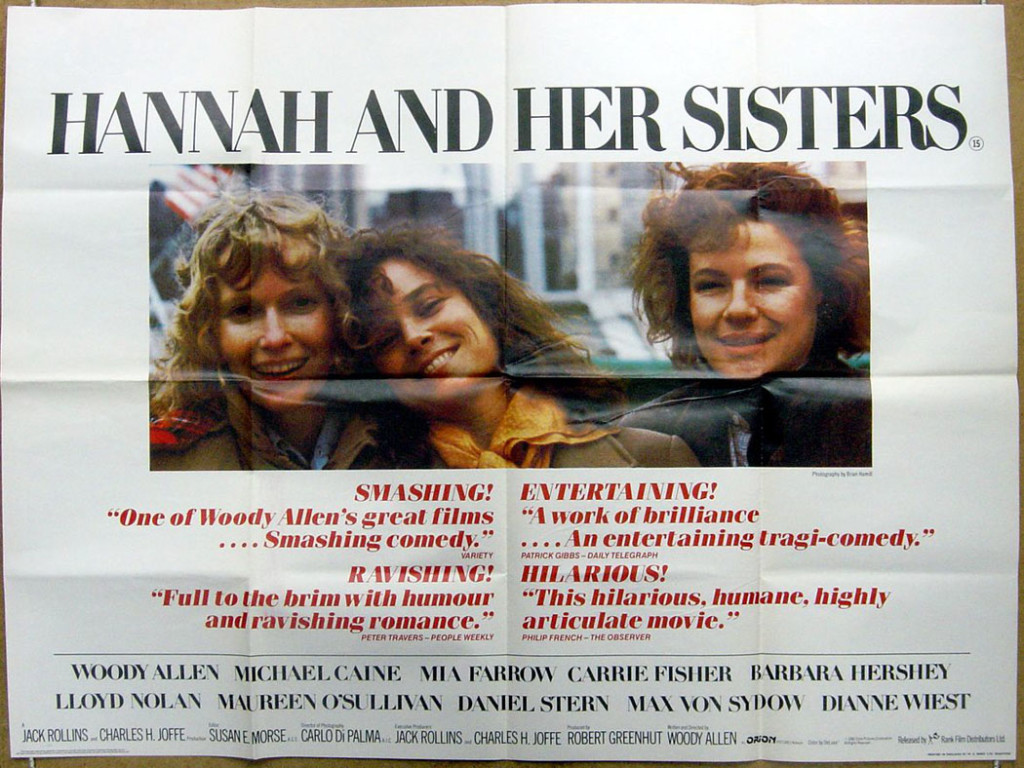You’ve seen this. You’re reading a book or watching a film and some character says something that jars. It sounds more like the author talking than the character. It feels imposed somehow, like an idea has been added in through product placement.
Sometimes it actually is product placement. There was a sitcom recently where a character needed to find out something and announced that he’d Bing it. No, he wouldn’t. He’d Google it like everyone else, but Microsoft was paying for the promotion of their search service.
Often it actually is the author or the screenwriter, such as when there’s a political point to be made and it’s theirs instead of the characters.
That’s a tougher one: I don’t think writers always notice when they do it.
And then you have issues like Abi Morgan’s Suffragette. I think she did a marvellous job of conveying society and in particular men’s rejection of women’s rights. Yet it’s a case where the protagonists are the suffragettes and the antagonist is an entire society that is giant and also so clearly, entirely, totally wrong.
Drama works best, I believe, when it’s about two people arguing and they’re both right. Morgan had to find a way to embody male society and for dramatic purposes also to not make it as clear-cut a case of men wrong, women right as it actually was. The more I think of what she had to pull off in that script, the more impressed I am that she did it yet it’s still a case of the writer’s politics impressing on every character in some way.
The Bing case just saw me jerk my head and lament the state of advertising on television today. The Suffragette one was a case of my thinking about it after seeing the film.
Whereas “I said explain it to me, not talk science” is a line that stops me watching.
Quite literally: that line stopped me watching.
I relish time travel stories and there’s an intriguing film called Deja Vu by Bill Marsilii and Terry Rossio but I can’t get through it. Because of that line. In fairness, it isn’t quite as bad as the more common “Talk English, Doc!” that you regularly get.
But the intention is the identical and so is the effect. It’s just that those two things are not the same.
The intention is to make an explanation sound scientifically plausible while simultaneously making it accessible to non-scientists. The intention is to have us identify with the hero, who is always the one saying this, and so humanise the situation.
The effect is to say that the audience is stupid and the hero is more so. Without one single exception, whenever you hear a line like this, it is interrupting a scientific explanation that a five-year-old would’ve understood anyway. This is because the writer has no interest in science and so picked up the first fact he or she found in Physics for Dummies and assumes you don’t know it.
invariably, the science is nothing so having the hero interrupt is actually making that hero look thicker than multiple planks laid together. You can argue that it’s making an adversarial relationship with the scientists and drama feeds on argument, but instead it’s telling me that the scientists are rubbish and that they are the hero’s enemy.
Every character comes out of this badly and perhaps that’s ultimately the problem: I cease to believe any of them. i’ve said it before, if I don’t believe the characters, I don’t give a damn what happens to them. And this particular case, i’l never know because I stopped Deja Vu right there.
Here’s the trailer. If you see the film or if you have already seen it, tell me whether it gets any better. I’m on @WGallagher. Thanks.
